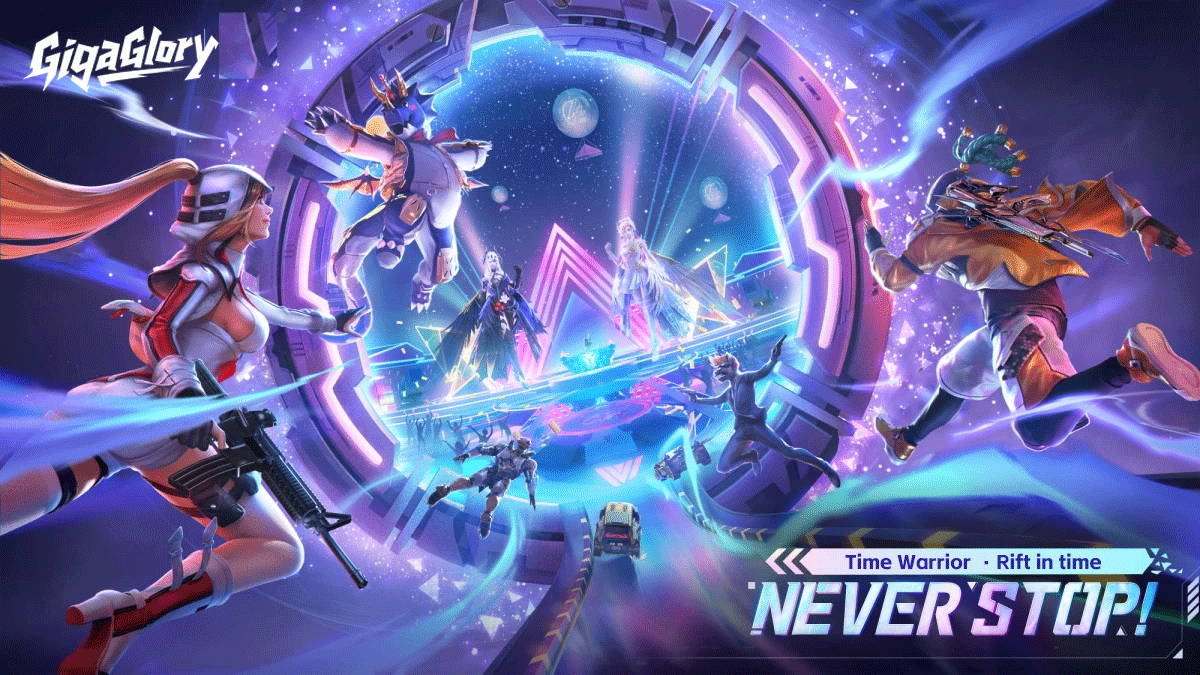Level Up Learning: How RPG Games Are Transforming Education through Engaging Gameplay
Introduction
In recent years, the landscape of education has evolved significantly, and one of the unique innovations driving this transformation is the incorporation of RPG games in learning environments. These role-playing games are not just about entertainment; they provide a dynamic platform for enhancing cognitive skills, problem-solving abilities, and collaborative learning. This article explores how RPG games, particularly educational variations, are reshaping the way we perceive education.
The Rise of Educational Games
Educational games, including RPGs, have seen a surge in popularity. As traditional methods of teaching become less effective in engaging students, educators are looking for new ways to captivate their audience. RPGs allow students to immerse themselves in complex scenarios that require critical thinking. Unlike conventional methods, these games create an interactive learning environment that feels less like a classroom and more like a journey.
Understanding RPG Games
Role-playing games (RPGs) simulate real-world scenarios where players assume the roles of fictional characters, embarking on adventures and making consequential decisions. The rich storytelling, combined with strategic gameplay, encourages players to think creatively. This engagement in storytelling can be a powerful educational tool, making the learning experience more memorable.
How RPG Games Facilitate Learning
RPGs foster various learning outcomes by:
- Promoting Critical Thinking: Players must analyze situations and strategize outcomes.
- Encouraging Collaboration: Many RPGs require teamwork and communication, skills vital in real-world contexts.
- Enhancing Creativity: Players create narratives, decisions, and characters, encouraging imaginative thinking.
The Death Kingdom Board Game: A Case Study
The Death Kingdom board game exemplifies how RPG elements can be combined with educational principles. Players navigate a dark fantasy world, facing moral dilemmas and strategic challenges. This game reflects on history, ethics, and strategy, enriching players’ understanding of these themes in an engaging way.
Benefits of Using RPGs in Education
Integrating RPGs into educational settings offers numerous benefits:
| Benefit | Description |
|---|---|
| Enhanced Engagement | Students are more likely to participate actively in their learning. |
| Real-life Application | RPGs often mimic real-world situations, teaching valuable lessons. |
| Increased Motivation | Games create a fun environment that motivates students to learn. |
Challenges in Implementing RPGs
While RPGs hold great promise in education, several challenges must be addressed:
- Time Investment: Designing and implementing RPGs requires substantial time and resources.
- Curriculum Alignment: Educators must ensure games align with learning objectives.
- Access and Technology: Not all institutions have the necessary technology to support RPGs.
The Role of Educators in RPG Integration
Teachers play a critical role in leveraging RPGs for educational purposes. They must not only facilitate the gaming experience but also guide discussions around the lessons and skills learned through play. Educators are responsible for curating the right RPGs that fulfill educational goals while being enjoyable for students.
Real-World Examples of RPGs in Education
Several schools and institutions have successfully integrated RPGs into their curriculum:
- Game-Based Learning Classrooms: Schools incorporating RPGs have reported increased student participation.
- Virtual Role Play: Remote learning has leveraged online RPG platforms to maintain engagement.
- Workshops and Clubs: After-school programs using RPGs help students explore subjects in depth.
FAQs About RPG Games in Education
1. What are RPGs?
RPGs, or role-playing games, allow players to assume the roles of characters in a fictional setting, making decisions that influence the game's narrative.
2. How can RPGs enhance learning?
RPGs can enhance learning by promoting critical thinking, problem-solving, collaboration, and creativity in a fun and engaging way.
3. Are there any risks associated with RPGs in education?
Yes, potential risks include the misalignment of games with educational objectives and the need for suitable technology and resources.
4. What is the Death Kingdom board game?
The Death Kingdom board game is an educational RPG that immerses players in a dark fantasy world, encouraging strategic thinking and moral decision-making.
5. How do educators select appropriate RPGs?
Educators should align RPGs with learning outcomes, consider students' interests, and evaluate technology compatibility before selecting a game.
Final Thoughts
RPG games represent an innovative frontier in education, where gameplay intersects with meaningful learning experiences. While challenges like resource allocation and curriculum alignment exist, the benefits of using RPGs, such as increased engagement and real-world application, are compelling. By carefully selecting appropriate games and integrating them into the classroom, educators can foster an environment where students are motivated to learn and develop essential skills for the future.



